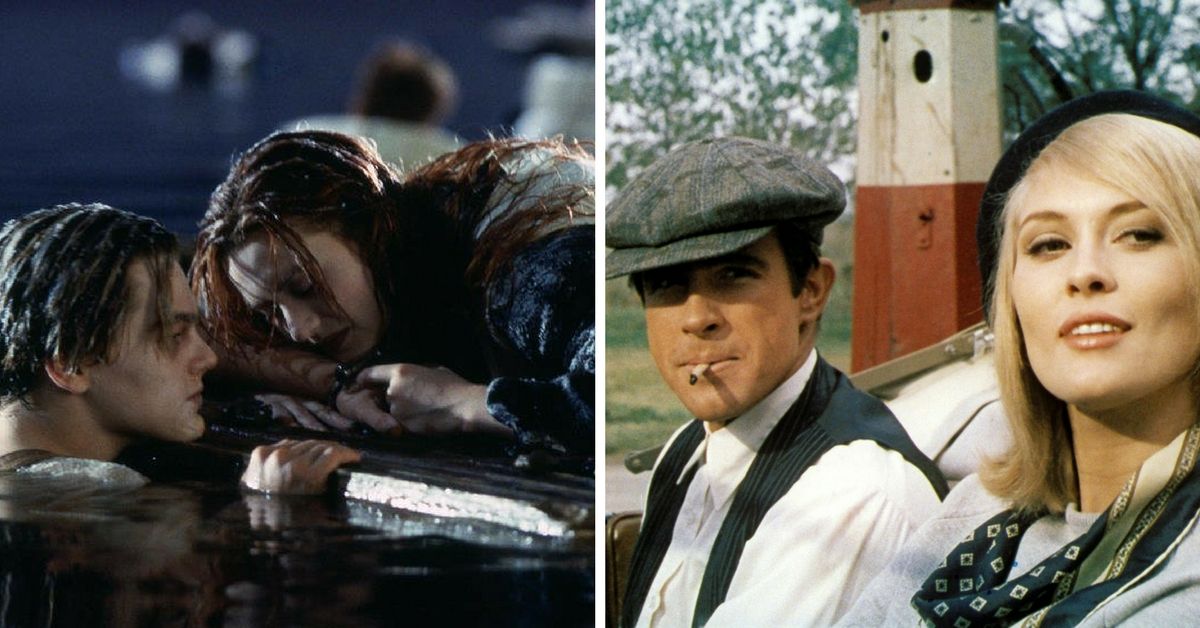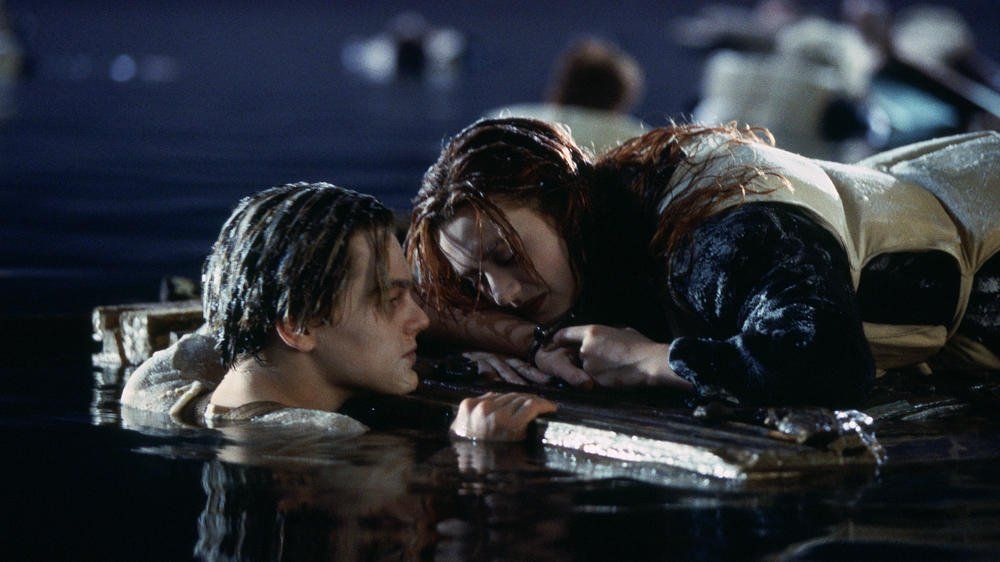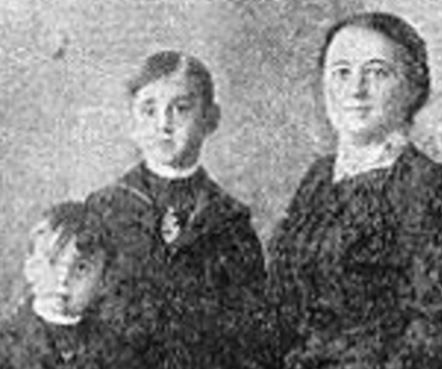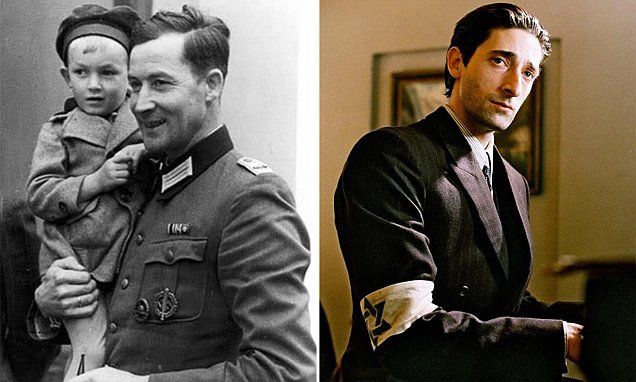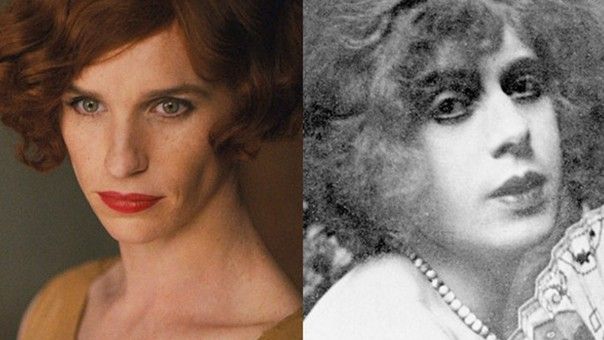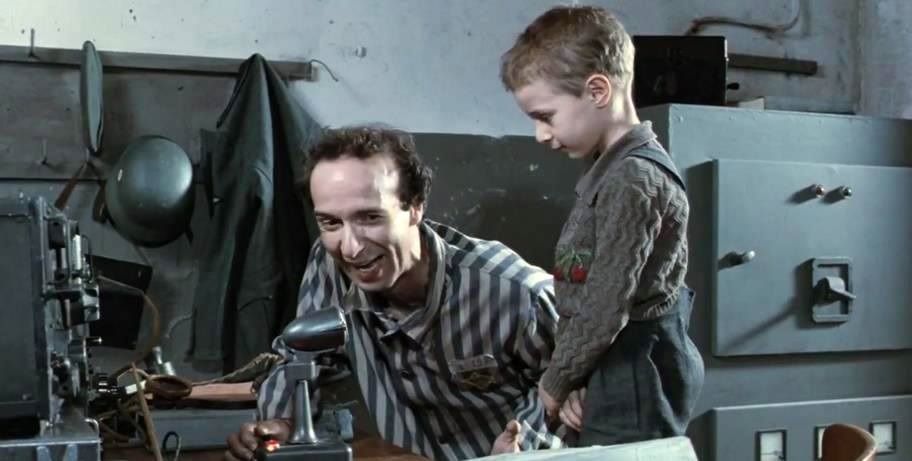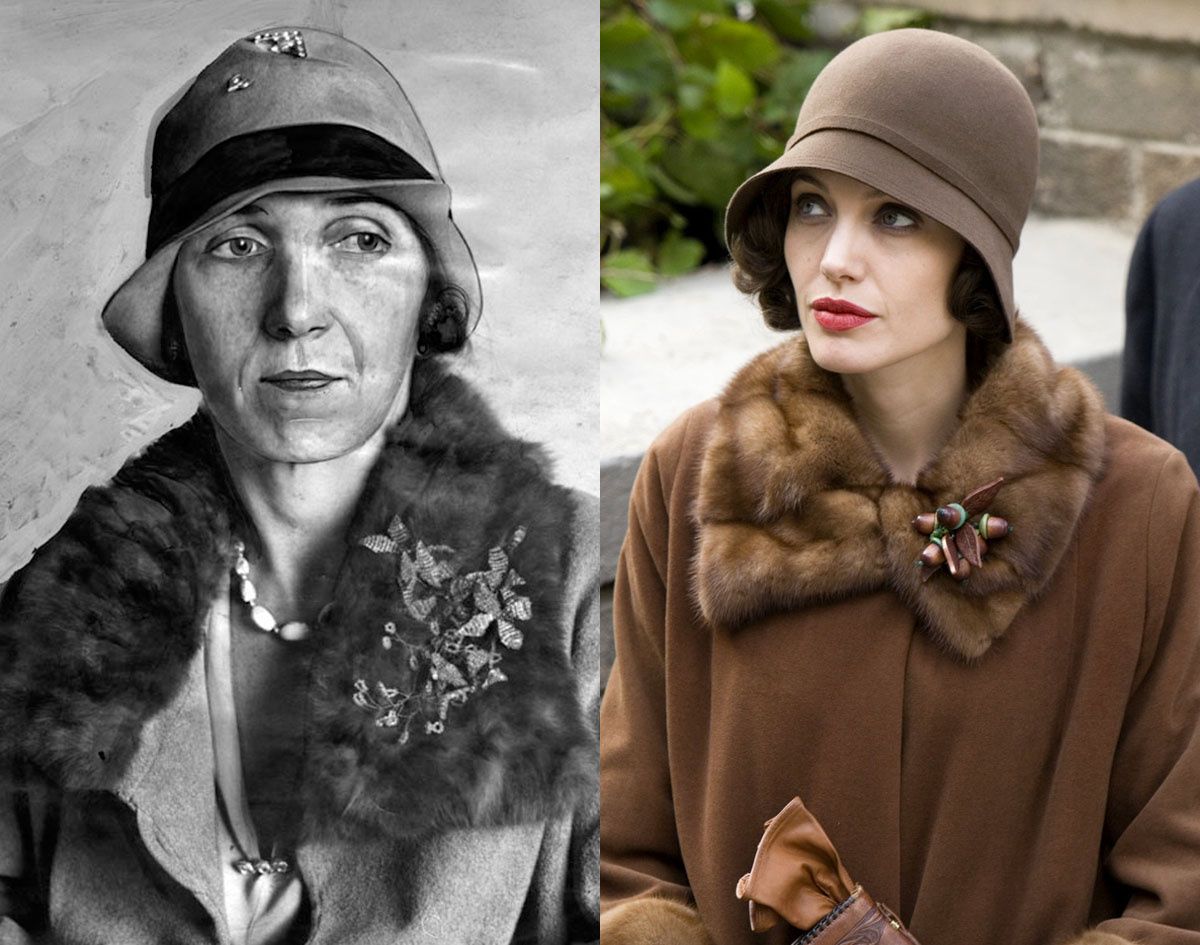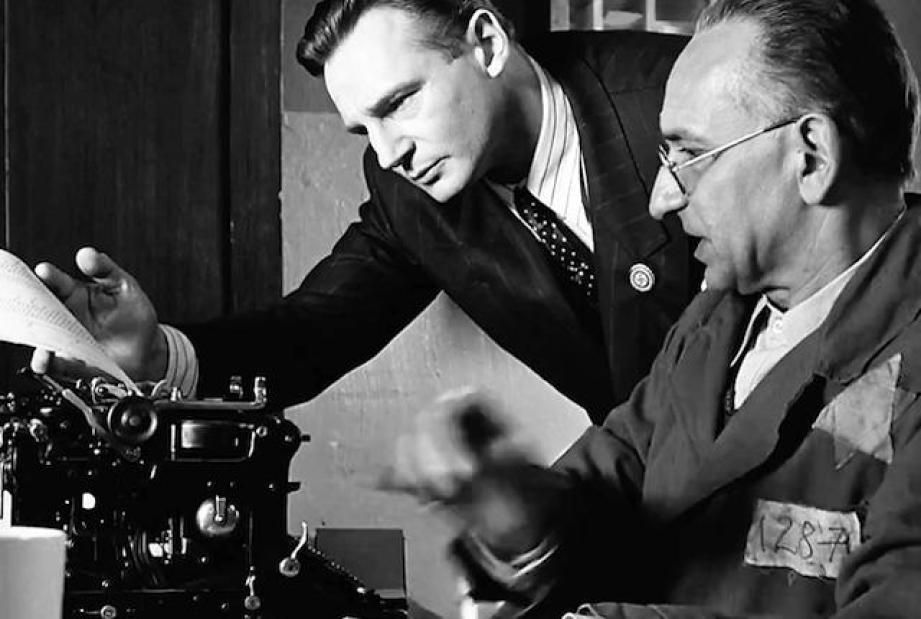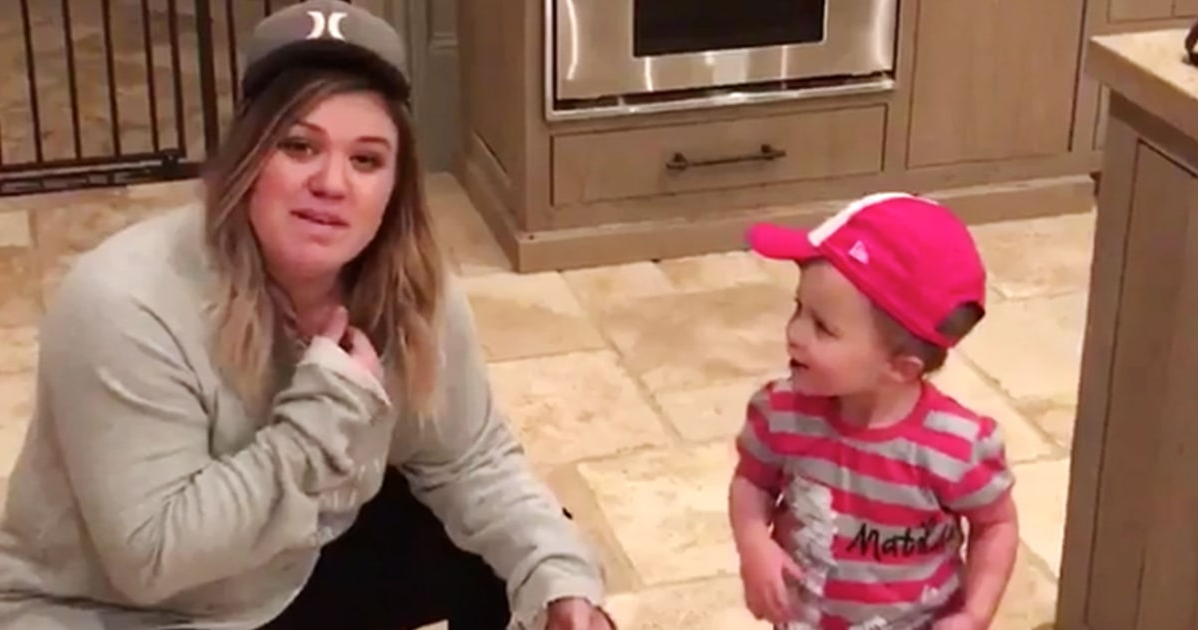Movies that are based on a true story are usually loosely inspired from them.
There are so many details that are missed or exaggerated that really change our perception of what really happened.
To be fair, there's only so much you can put in a one to two hour movie.
That being said, there are some important historical details that should have been included in these 10 movies below. Take a look and see if you agree.
1. Into The Wild (2007)
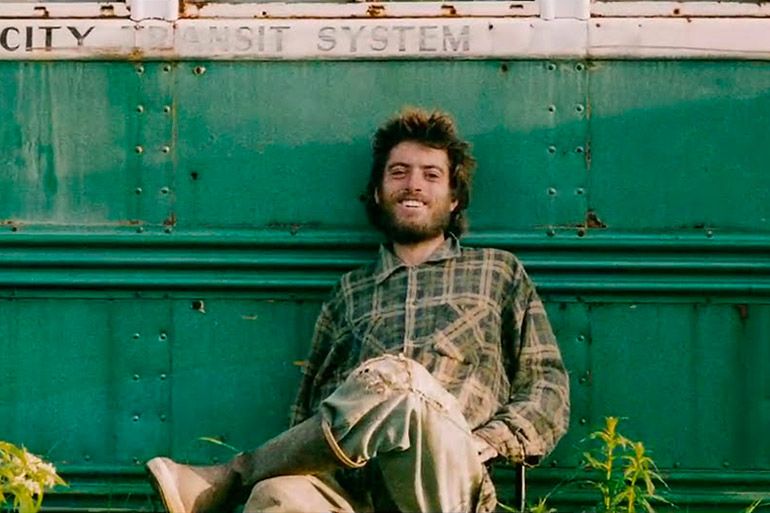
Christopher McCandless had just graduated college in 1990 when he decided to embark on an adventure and live the life of a vagabond.
What was most shocking in the movie was that the character, played by Emile Hirsch, refused to keep in touch with his family, leaving us all wondering about his upbringing.
Before McCandless left his hometown, he donated all his savings to Oxfam, said goodbye to the life he once had, and hitch-hiked his way north.
"It might be a very long time before I return South. If this adventure proves fatal and you don't ever hear from me again, I want you to know you're a great man," he wrote in a postcard to a former employee who helped him out on his journey. "I now walk into the wild."
The adventure proved to be fatal, and not too long after situating himself in Alaska, McCandless died.
But what many people don't know about the story, which was revealed in a memoir by McCandless's sister, The Wild Truth, is that the young adult was simply a dreamer, and not someone who was raised in an abusive or unloving environment.
"A lot of people came away from reading Into the Wild without grasping why Chris did what he did. Lacking explicit facts, they concluded that he was merely self-absorbed, unforgivably cruel to his parents, mentally ill, suicidal, and/or witless. The whole unfortunate event in Chris's life 22 years ago is about Chris and his dreams"”not a spiteful, hyped up, attention-getting story about his family."
2. Titanic (1994)
The "unsinkable ship" that set sail from Southampton with more than 2,000 passengers struck an iceberg before it was able to reach its destination in New York City.
Director James Cameron saw this tragic event as an opportunity to play on a unique story that would eventually become a box office hit.
It's the story of two star-crossed lovers whose lives are completely altered the moment they step on the British passenger liner.
Rose, played by Kate Winslet, survived, while her new lover, Jack, played by Leonardo DiCaprio, lost his life trying to save Rose's.
This movie is the perfect recipe to make anyone cry, but what many people don't know are the true stories of the passengers on the Titanic. Believe me, their stories will haunt you more than the movie did.
For example, Rhoda Abbott, who was a third-class passenger on the ship, was returning to America with her two teenage sons.
When they released the lifeboats, Abbott kept her sons close. She knew only women and children were being seated, so if she wanted to be saved, she'd have to leave her boys behind.
She did what any mother would do on a sinking ship, she urged her boys to jump with her from the deck onto one of the boats.
Unfortunately, her sons were lost when they plunged into the cold waters, but Abbott was saved by a lifeboat.
She reportedly died poor and alone in 1946, forever haunted by the death of her sons.
3. The Pianist (2002)
The award-winning biographical film based on the life of Polish-Jewish pianist and composer Wladyslaw Szpilman never ceases to make me cry.
The Holocaust memoir recounts the struggles of Szpilman as he tries to survive the horrors of World War II. We see his family die. We see his friends die.
The injustice becomes too hard to bear, and there are some parts of the film that you want to say enough is enough and just turn off the TV.
But then the pianist meets Nazi officer Wilm Hosenfeld, right before things are about to get real bad.
Hosenfeld once idolized Hitler and his regime, but that all came crashing down when he helped the talented composer to hide out in an abandoned home, bringing Szpilman food as often as he could.
Before we really got to know more about Hosenfeld, the story ends and we learn that he died at the hands of the Soviets.
What many people are unaware of is that Hosenfeld's true life story is even more remarkable. Here's what author Hermann Vinke had to say about the merciful man:
"Hosenfeld did not only save Szpilman but numerous other Polish citizens, among them other Jews, from a certain death. Against the backdrop of murder and deathly blows this officer was like a lighthouse in a time of darkness. Probably there were over 60 people who owed their lives directly to him. He was both savior and in some ways a victim because he could not save himself in the end from death in a Soviet prison without ever seeing his family again."
4. The Danish Girl (2015)
The Danish Girl definitely changed my perspective on identity and sexuality.
Actor Eddie Redmayne did an amazing job portraying Lili Elbe (Einar Wegener), a married Danish painter who prepares to undergo one of the first sex-change operations.
It's true that Elbe decided to transition when his wife's model failed to show up, but what many people don't know is that she had planned to kill herself on May 1, 1930 if she wasn't able to become the woman she envisioned herself to be.
Before she knew about the possibility of getting sex reassignment surgery, Wegener wrote, "I am finished. Lili has known this for a long time. That's how matters stand. And consequently she rebels more vigorously every day."
That month, Elbe was told about the groundbreaking operation, and decided to go through with it, despite the risks involved.
The surgery gave her peace of mind and confidence, but not for too long.
Tragically, Elbe died due to surgery complications when doctors transplanted a womb into her body.
She wasn't able to live on to become a mother, but her legacy will never be forgotten.
5. Bonnie & Clyde (1967)
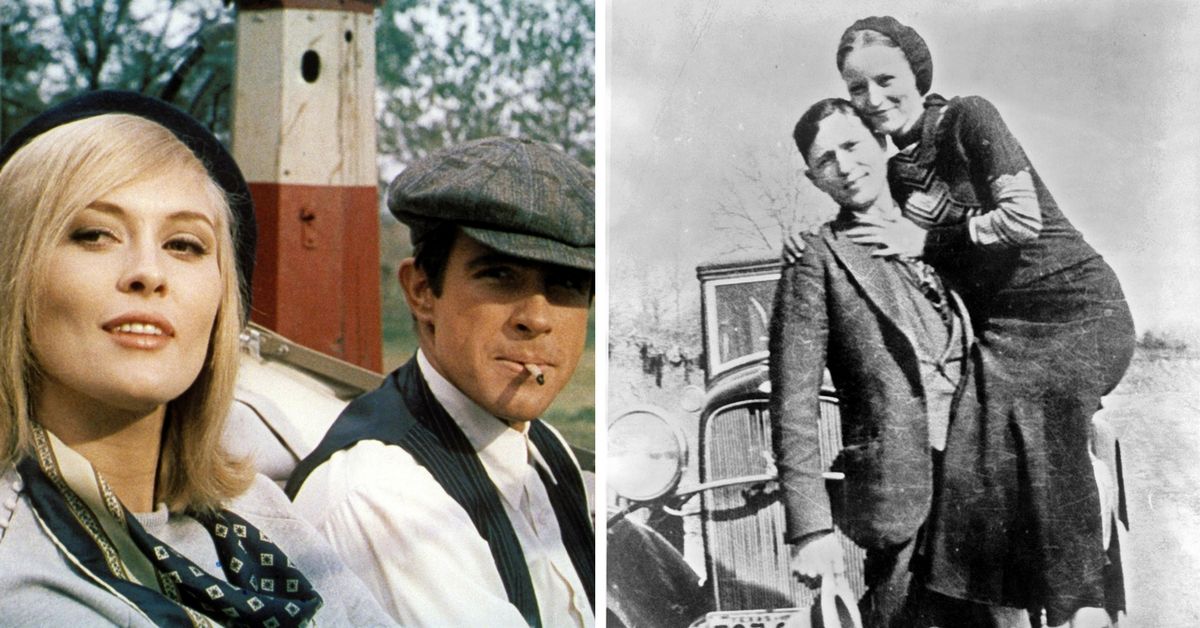
Love comes in two shapes and forms. We all want a love like Romeo and Juliet or Bonnie and Clyde.
Their lives are overly glamorized, filled with excitement and passion that most us have barely or never experienced.
Director Arthur Penn depicted these partners in crime as heroes, and Clyde stole our hearts because he saw himself as Robin Hood.
They robbed banks for a greater good, and that's why we fell in love with them.
Bonnie and Clyde may have been head-over-heels for each other, but we shouldn't idolize them.
According to Nate Hendley, author of Bonnie and Clyde: A Biography, the couple never robbed banks:
"They hit up low-hanging fruit. They robbed small-town grocery stores and gas stations, where working people or poor people would [shop]."
So the next time you compare you and your significant other to Bonnie and Clyde, think again.
"A more realistic depiction would have portrayed them as scumbags," Hendley added.
6. Life Is Beautiful (1997)
If you can watch this movie without a box of tissues beside you, are you even human?
The Oscar-winning movie tells the story of a father and son who are in a Holocaust concentration camp.
To lift his son's spirits, the father, played by Roberto Benigni, pretends that their incarceration is part of the game.
He tells his son that if they win, they'll be awarded with a tank. But by the end of the movie, the father tragically dies.
Not too long after, the war ends and the little boy is reunited with his German mother. The kid's dream even comes true - he gets to ride with his mom inside a tank.
I thought this movie was based on a true story but, in hindsight, it was all too coincidental to actually be real.
What many people don't know is that the story was inspired by Rubino Romeo Salmoni's book, I Beat Hitler.
The story describes the author's experiences working as a laborer with his brothers in a concentration camp. The only major similarity between the book and the movie is that both tales are described with dark humor.
7. Changeling (2008)
Angelina Jolie is one worried mother, but who wouldn't be if they were in Christine Collins's shoes.
In the movie, the single mother's nine-year-old son, Walter, disappears. She does anything in her power to get her boy back to her.
One day police tell her they've found Walter, but she knows in her heart that the boy they've discovered is not her son.
Towards the end of the movie, we learn that her son was held prisoner at a ranch, and was most likely murdered.
The killer was captured, but Collins still hopes that her son will one day return home, like how some of the other victims did.
What many people don't know is that the film is based on the Wineville Chicken Coop Murders from the mid-twenties.
Also, for Gordon Northcott's execution, the mother didn't attend the hanging. She spent the morning comforting another mother whose two boys died at the hands of the killers.
8. Gorillas In The Mist (1988)
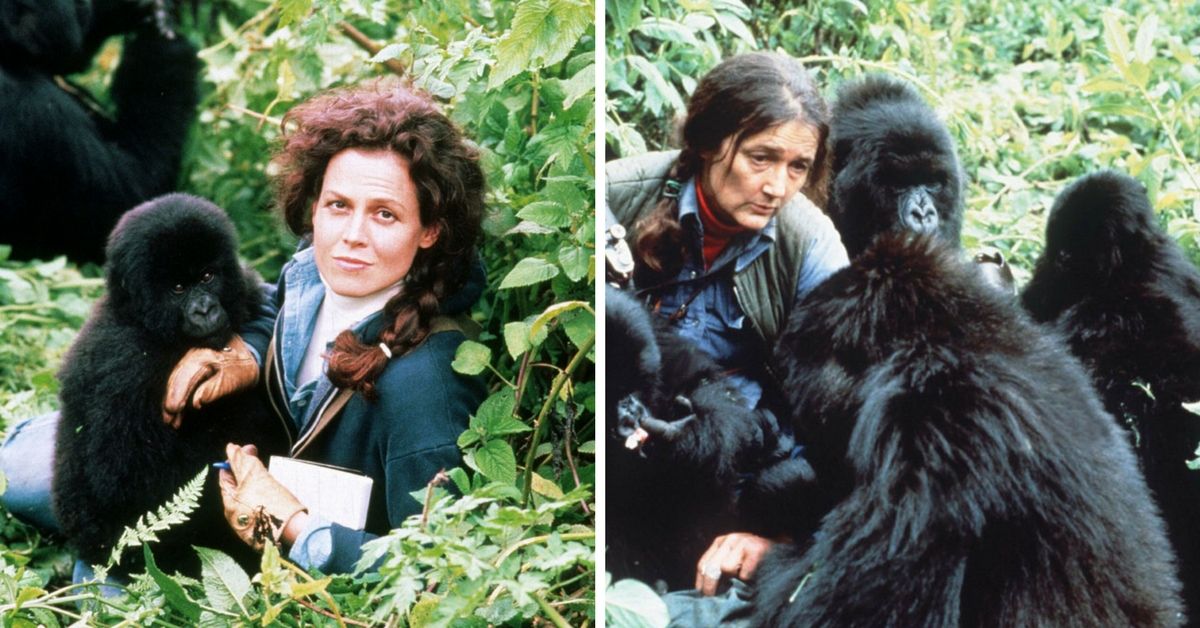
The Academy Award-winning film starring Sigourney Weaver tells the true story of naturalist Dian Fossey's work with mountain gorillas.
Fossey was truly an inspirational character, and Weaver did an impeccable job portraying almost two decades of her life in the African continent.
The more Fossey tried to prevent the poaching of gorillas, the more she ran into trouble.
By the end of the movie, Fossey is murdered in her mountain cabin, and buried soon after.
In the closing credits, we learn that her death remains a mystery, but what we don't know is the theories behind her death, which may indicate how the conservationist actually died.
A 2017 documentary by National Geographic, titled Secrets in the Mist, believes that it was the scientists and US diplomats in Rwanda who ended her life.
The documentary explores how officials feared Fossey would expose their involvement in poaching and gold smuggling, and so they did what they thought to be necessary.
9. Hotel Rwanda (2004)
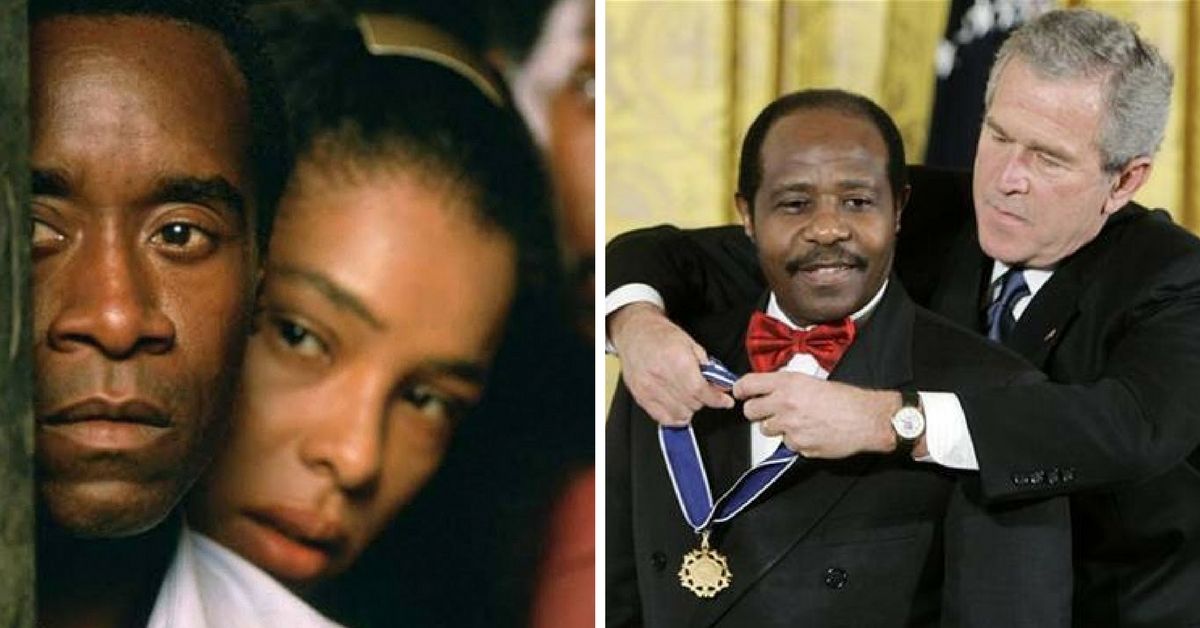
The historical drama won numerous awards for depicting the atrocities during the Rwandan Genocide, where more than one million people were killed by the Hutu-led government.
Don Cheadle was nominated for Best Actor at the Academy Awards in 2005 for his role as Paul Rusesabagina, a hotel manager who rescues innocent civilians by providing them shelter at Hí´tel des Mille Collines.
Rusesabagina allegedly saved more than a thousand people, but that's apparently the Hollywood version of the story.
When the hotel manager was awarded a human rights prize in Washington, it sparked debate in his home country. Was Rusesabagina the real hero the movie made him out to be?
According to The Guardian, he was accused of extorting money from hotel guests.
"Publicity hound, genocide revisionist, promoter of ethnic hate speech ... shamelessly banking on the genocide and endangering the survivors," columnist Job Jabiro wrote about Rusesabagina in Rwanda's The New Times.
The hotel manager was also accused of kicking out refugees who failed to pay their bills.
And many claim that the movie overlooked Tutsi war crimes, and Rusesabagina's role in the war effort.
10. Schindler's List (1993)
Any movie about the Holocaust sends chills down my spine.
Steven Spielberg's haunting adaptation of Thomas Keneally's novel is still talked about today - that's the kind of impact it has had on modern society.
Oskar Schindler, a German industrialist and member of the Nazi Party, went against Hitler and saved the lives of approximately 1,200 Jews during the Holocaust by employing them in his factory.
We all know that Schindler risked his life to rescue the Jews and spent million of dollars bribing and paying off the Nazi Party, but what really happened to Schindler? And what really happened to his wife?
When the war ended, Schindler died penniless.
His wife, Emilie, also spent years living in poverty, despite the millions made from the movie and the books about her late husband.
"Emilie has suffered her whole life from being the woman in the shadow of a great man, when in fact their roles in saving the Jews could be split 50-50," Erika Rosenberg, her friend and carer for 11 years, told The Guardian.
"But she was cut out of the film and the book in a very humiliating and offensive way."
